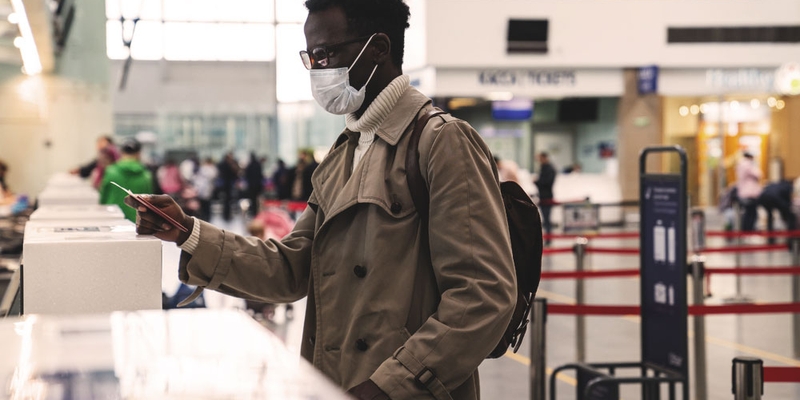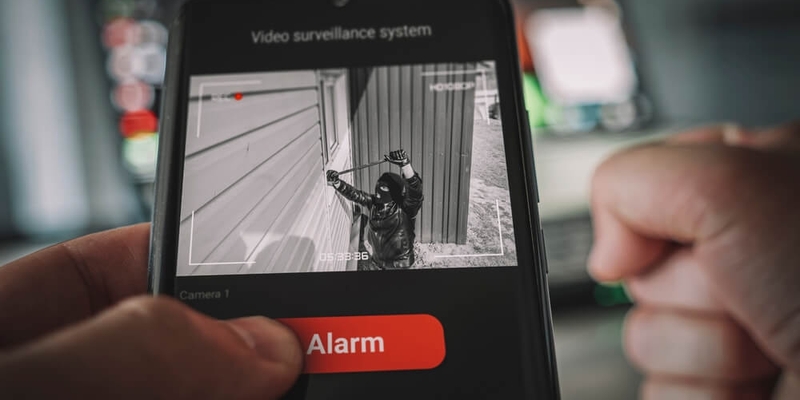
If you are not redirected within 30 seconds, please click here to continue.
Samedi: 10h – 16h HAE

If you are not redirected within 30 seconds, please click here to continue.
If you are not redirected within 30 seconds, please click here to continue.
What you need to know about delayed flight compensation when it comes to your travel insurance policy

Most travellers will experience unprecedented flight delays at some point. Whether the airplane is unable to fly due to extreme weather, equipment failure, or other reasons, delayed flights can be frustrating and expensive.
Getting trip interruption or cancellation insurance can provide compensation for any necessary and reasonable expenses that result from your flight being delayed so you don’t have to pay out of pocket.
Trip cancellation insurance provides reimbursement if you cancel your trip before you leave, while trip interruption insurance would be used to provide compensation for any delays or interruptions to your trip after you’ve departed.
What does travel insurance cover when it comes to flight delays?
While airlines will usually give vouchers for accommodations and meals if the delay is their fault (e.g., crew shortages or overbooking), travel insurance should cover flight delays caused by extenuating circumstances, which are generally situations beyond the airline’s control. This could include:
- Extreme weather conditions
- Equipment failure
- Strike or job actions of airline employees
“When facing unexpected expenses and missed connections due to these circumstances, travellers should first speak with their airline, as well as their credit card provider, about any refunds or credits available to them,” says Tayjua Squire, manager of corporate communications at Allianz Global Assistance. “Trip cancellation and interruption policies typically act as second payor, and may provide reimbursement for benefits not covered by the airline, subject to the terms and conditions of the policy.”
If your flight is delayed for the minimum amount of time outlined in your insurance policy (e.g., six hours), you may be eligible to receive coverage for any expenses you incurred while your flight was delayed.
“If your cancelled flight has a domino effect and disrupts other components of your itinerary, such as transfers, hotels, cruises or tours, you may be eligible for some reimbursement of your non-refundable prepaid, insured travel arrangements,” says Squire
Expenses covered by your travel insurance policy may include paying for accommodations, food and beverage, and transportation while you wait for your flight. However, your insurance policy will set a limit to how much you can spend per day to assure that expenses are reasonable.
What to do if your flight is delayed
If your flight is delayed, you should notify your travel insurance company as soon as possible and keep all original receipts and documentation so that you can be reimbursed for any expenses that resulted from the delayed flight.
When making a claim with your insurance company, you should provide the following documentation:
- Boarding pass or credit card receipt for the plane ticket
- A statement from the airline verifying the delay and the reason for the delay
- An itemized list of expenses incurred because of the delay (accommodation, meals, transportation, etc.)
Before spending any money, if your flight is delayed, it’s important to read your insurance policy to be aware of your daily spending limits, minimum amount of time delayed for your flight to be compensated by insurance, and whether the reason for your flight’s delay is covered under your policy. To ensure you are getting the best coverage for the lowest price, it’s important to always compare different travel insurance plans.
“Travel insurance does not cover everything,” says Squire. “Please refer to the policy wording for full terms and conditions, including limitations and exclusions. Travellers are encouraged to check their airline or travel supplier’s flight/service disruption policies to understand what options are available.”
Interested in creating content with RATESDOTCA? Reach us at email@rates.ca.
Don't waste time calling around for travel insurance
Use RATESDOTCA to shop around, and compare multiple quotes at the same time.
Finding the best travel insurance coverage has never been so easy!
Get money-saving tips in your inbox.
Stay on top of personal finance tips from our money experts!










